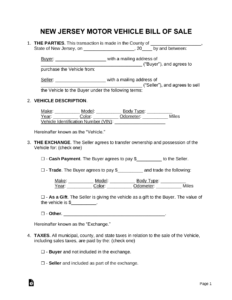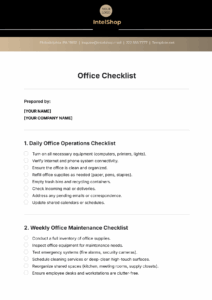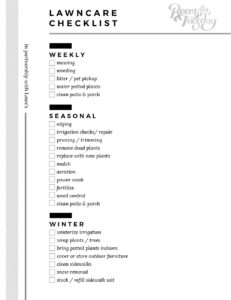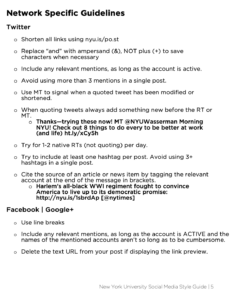When you are buying or selling personal property in New Jersey, having a clear and legally sound record of the transaction is incredibly important. Think of a bill of sale as your official receipt and proof of ownership. It protects both the buyer and the seller, laying out all the essential details of the exchange in black and white. While a handshake might seal a deal between friends, for significant purchases, a formal document is the smart way to go.
This simple piece of paper can prevent future disagreements and provide crucial evidence if any legal questions arise down the line. Whether you are selling a used car, a boat, an antique, or even a piece of equipment, using a reliable New Jersey bill of sale template can save you a lot of hassle and give you peace of mind that the transaction is properly documented and legally binding within the Garden State.
Why You Absolutely Need a New Jersey Bill of Sale
A bill of sale serves as a legally binding document that formally records the transfer of ownership of personal property from one party to another. It acts as concrete proof that a transaction occurred, detailing who bought what, from whom, for how much, and when. Without this document, proving your ownership of a newly acquired item, or demonstrating that you legally sold an item, can become a significant challenge, especially in a state like New Jersey where specific regulations might apply to certain types of property.
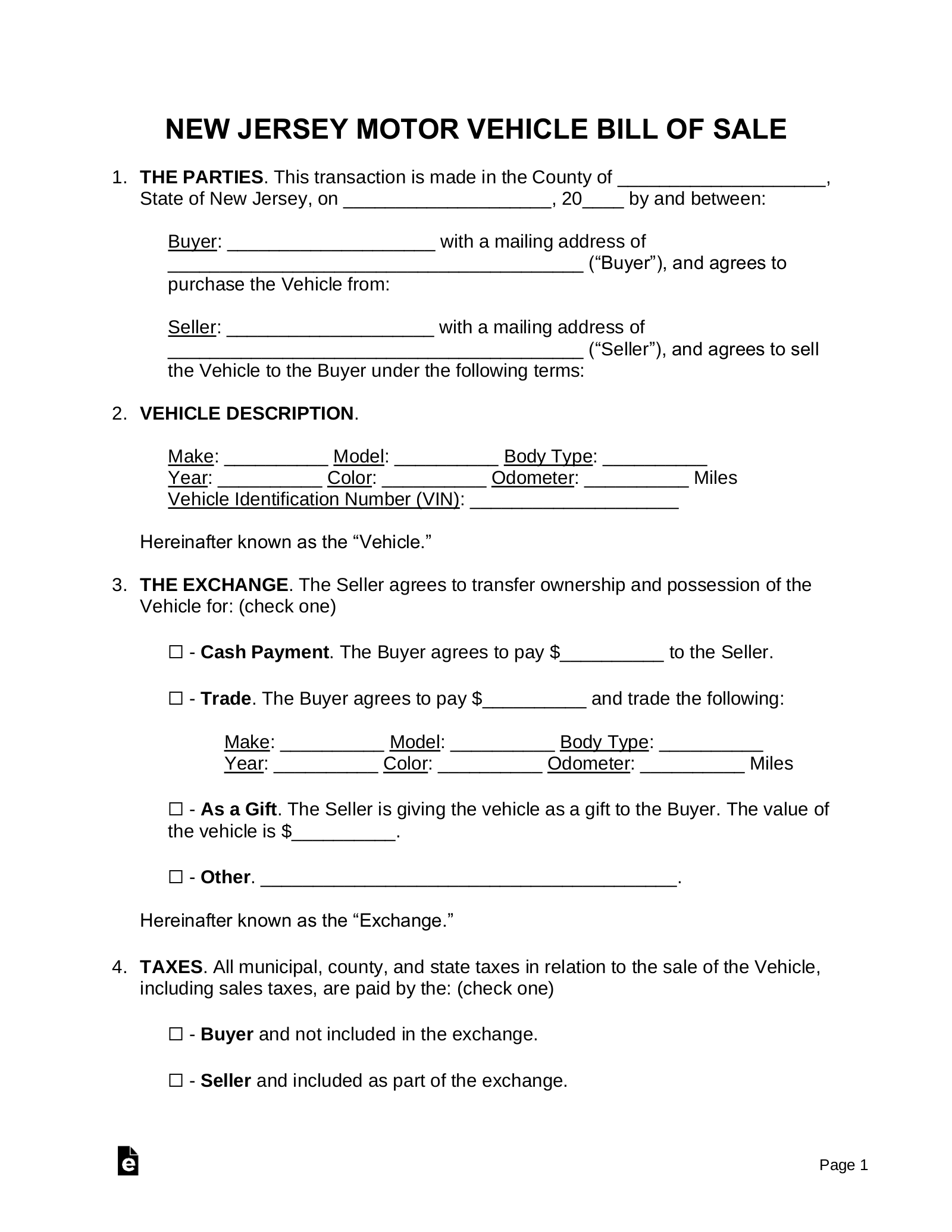
For residents of New Jersey, having a proper bill of sale is not just good practice, it is often a necessity. When registering a vehicle or a boat with the New Jersey Motor Vehicle Commission (NJMVC) or the New Jersey State Police Marine Services Bureau, for instance, a bill of sale is a critical piece of documentation. It confirms the purchase price for tax purposes and establishes the new owner. Beyond vehicles, it safeguards both parties in the sale of anything from furniture to livestock, offering a clear record in case of disputes about the item’s condition or agreed price after the fact.
Imagine a scenario where a buyer claims a defect appeared shortly after purchase, or a seller needs to prove they no longer own an item involved in an incident. A well-prepared bill of sale provides an undeniable account of the transaction date and the condition of the item at the time of sale. This level of detail helps to avoid misunderstandings and provides a legal shield against potential liabilities or claims. It simplifies the process for everyone involved, reducing stress and adding a layer of professional legitimacy to your dealings.
Key Information to Include
To be effective and provide maximum protection, a New Jersey bill of sale template should contain several critical pieces of information. Skipping any of these details could weaken the document’s validity and lead to complications later on.
- Identification of Buyer and Seller: Full legal names, addresses, and contact information for both parties.
- Detailed Item Description: A thorough description of the property being sold, including make, model, year, vehicle identification number (VIN) for cars, hull identification number (HIN) for boats, serial numbers, color, and any other unique identifiers.
- Purchase Price: The agreed-upon amount for the item, clearly stated in both numerical and written form.
- Date of Sale: The exact date the transaction took place.
- Conditions of Sale: Any specific terms, such as "as-is" clauses if the item is being sold without warranty.
- Signatures: The legal signatures of both the buyer and the seller, affirming their agreement to the terms.
- Witness Signatures (Optional but Recommended): For high-value items, having one or two witnesses sign can add an extra layer of authenticity.
Ensure all fields are accurately filled out and that both parties receive a signed copy of the completed document for their records.
Getting Your Hands on a Reliable New Jersey Bill of Sale Template
Finding a reliable New Jersey bill of sale template might seem like a simple task, but it is crucial to ensure the one you choose is comprehensive and legally sound. Many resources are available online, including government websites, legal form providers, and even some reputable real estate or automotive sites. The key is to select a template that is specifically designed for New Jersey transactions and covers all the necessary legal elements required by state law. Avoid generic templates that might not include state-specific clauses or required fields.
A good template will be easy to understand and fill out, guiding you through each section to ensure no vital information is missed. Look for templates that clearly delineate sections for buyer information, seller information, details of the item being sold, the purchase price, the date of the transaction, and spaces for signatures. Some templates might also include optional sections for mileage (for vehicles), disclosures about known defects, or warranty information, which can be incredibly useful for complex sales.
Remember that a template is just a starting point. While it provides the framework, you will need to customize it with the specific details of your transaction. This means accurately entering all names, addresses, item descriptions, and the agreed-upon price. Do not hesitate to add additional clauses or specifics that are relevant to your particular sale, as long as they are mutually agreed upon by both parties and do not contradict existing laws. Transparency and accuracy are paramount when completing the document.
When you have filled out your chosen New Jersey bill of sale template, take the time to review it carefully with the other party. Ensure that every detail is correct and that both the buyer and the seller fully understand and agree to all the terms stated in the document. Making copies for both parties is essential, and for significant or high-value transactions, consider having the document notarized. This adds an extra layer of legal authentication, as a notary public verifies the identities of the signers.
Tips for Using Your Template
* **Read Carefully:** Always read the entire template before filling it out to understand its contents.
* **Fill Completely:** Do not leave any required fields blank. Use “N/A” if a field genuinely does not apply.
* **Be Specific:** Provide as much detail as possible about the item being sold.
* **Make Copies:** Ensure both the buyer and seller receive a signed original or a clear copy of the completed document.
* **Consider Notarization:** For high-value items or to prevent future disputes, notarizing the signatures can be highly beneficial.
Using a well-structured bill of sale transforms a potentially complex transaction into a clear, documented process, offering security and peace of mind to everyone involved.
Properly documenting the sale or purchase of personal property in New Jersey is a simple step that yields significant benefits. It is your primary defense against misunderstandings and potential legal issues, ensuring that the details of the transfer are explicitly recorded. This level of clarity provides reassurance for both parties, establishing trust and preventing future headaches.
Ultimately, a complete and accurate bill of sale simplifies the process of transferring ownership, whether it is for a vehicle, a piece of equipment, or any other personal item. It is a fundamental tool for responsible transactions, helping to keep things smooth, fair, and legally sound in the bustling landscape of New Jersey.
